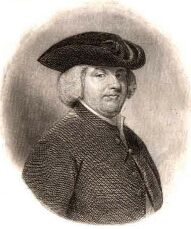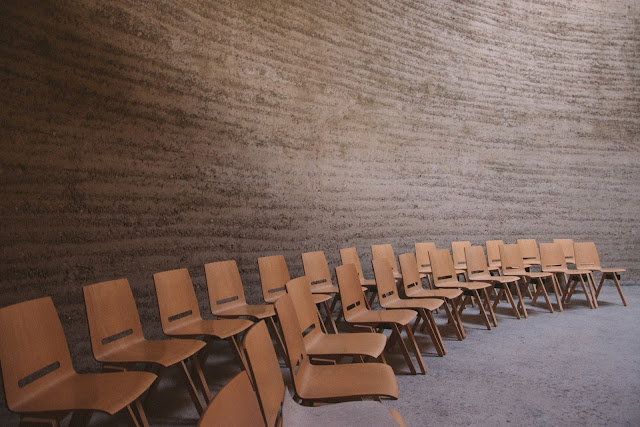A View of the Evidences of Christianity
 |
| William Paley (1743-1805) |
Recently, I read a summary of a book written by William Paley, A View of the Evidences of Christianity. Paley was a British Christian apologetic, known for his teleological argument in his 1802 famous book, Natural Theology, or Evidences of the Existence and Attributes of the Deity, which prelude included the watchmaker analogy (i.e. the analogy that argues design implies a designer). There has been a long chain of philosophical debate on the latter book, so I'm not going to get into that right now. I'm more interested in the content of his previous book.
In A View of the Evidences of Christianity, Paley has two propositions on the historical evidence of Christianity:
- Proposition I: 'That there is satisfactory evidence that many professing to be original witnesses of the Christian miracles passed their lives in labors, dangers and sufferings, voluntarily undergone in attestation of the accounts which they delivered, and solely in consequence of their belief of the truth of those accounts; and that they also submitted, from the same motives, to new rules of conduct.'
- Proposition II: 'That there is not satisfactory evidence that persons pretending to be original witnesses of any other similar miracles have acted in the same manner, in attestation of the accounts which they delivered, and solely in consequence of their belief of the truth of those accounts.'
Proposition I specifically refers to the "original witnesses," mainly the early disciples of Jesus. It actually boils down to a simple logic: why would these witnesses be willing to live their lives in labors, dangers, and sufferings solely due to their belief of the truth of the Biblical accounts, if what they believe as the truth was false? They could have simply renounced their belief of the truth of these accounts to live a quiet life, "bothering" no one. History can barely record how many martyrs have sacrificed their bodies and souls for this belief. It went beyond the early disciples; more believed and witnessed, lived and died on account of this belief. As others try to press them down, more lives are ready to be poured out. It's unstoppable; it's pandemic. It transcends eras, ages, centuries, you name it. Do you know that even in this very second, as you leisurely sit in front of your computer, history is still counting martyrs for the Christian belief?
Proposition II is quite simple as well. The key lies in "common sense". Paley argues that our "common sense" won't allow us to pretend to be something we are not and die for that cause. In the same way, the disciples could not be just pretending to be "original witnesses of the miracles." In Paley's words, "there is not satisfactory evidence" that persons would labor, suffer, or die in account of pretense.
Paley also provides auxiliary evidences of Christianity. I'll save those for my next post, but I want to leave you with a word of wisdom by Gamaliel, a Pharisee, a scholar of the Mosaic Law, not sure if he ever became a believer, also known as Saul's (later known as the Apostle Paul) mentor:
"And now I say to you, withdraw from these men and leave them alone; for should this counsel or this work be of men, it will be overthrown; but if it is of God, you will not be able to overthrow them, lest you be found to be even fighters against God." (Acts 5:38-39)
With that quote alone, are we not convinced yet? This work has not been overthrown for the last two thousand years.





Comments
Post a Comment